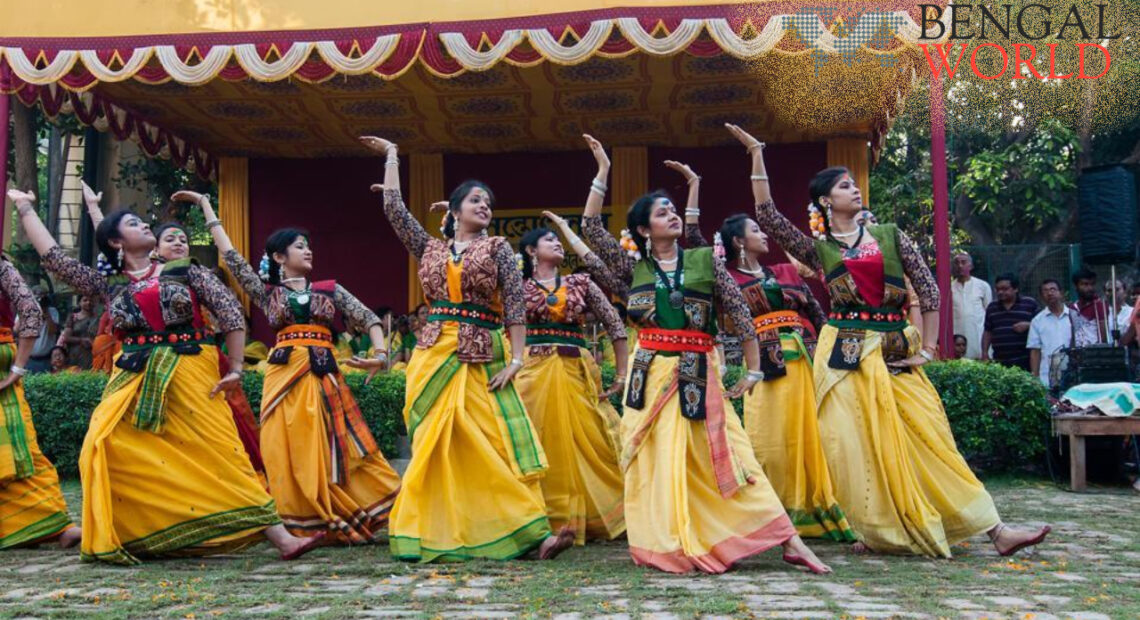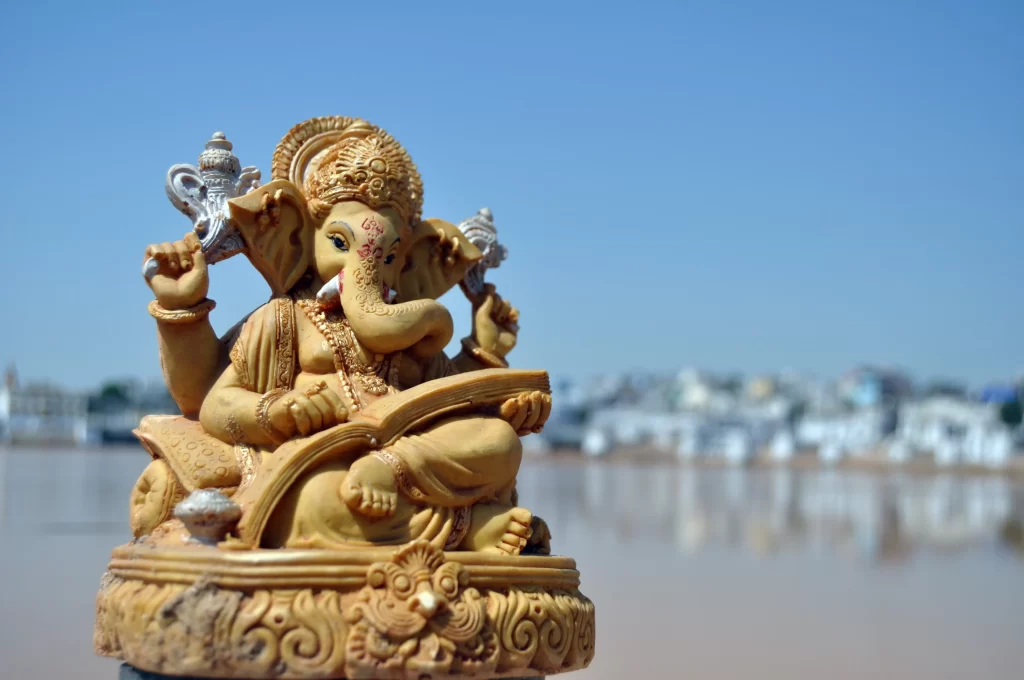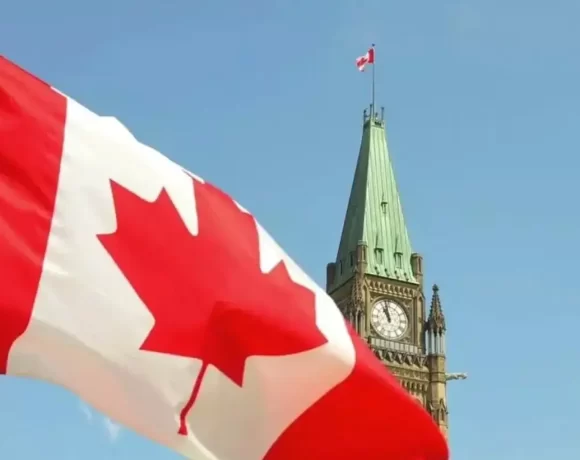Exploring the Origins of the Bengali New Year: Pohela Boishakh

Pohela Boishakh, the first day of the Bengali calendar and the beginning of a Bengali New Year, is a notable cultural festival celebrated auspiciously in Bangladesh and many Bengali-speaking Indian states like West Bengal, Tripura, Jharkhand, and Assam.
Pohela Boishakh is the most awaited day for Bengalis living in India and Bangladesh. It comes between 14 & 15th April. People living in Bangladesh celebrate it on 14 April. Whereas, Bengalis living in Indian states like West Bengal, Tripura, Jharkhand, and Assam consider 15th April as Pohela Boishakh for an auspicious event celebration with grandeur, gaiety and great enthusiasm.
On the eve of this significant cultural festival, Bengalis get together to celebrate their traditions, core values and legacies, keeping a close look at the past year and making new plans for the future year. Cladding in new ethnic dresses and traditional clothes, they worship Lord Ganesha and goddess Lakshmi and celebrate the event with traditional music, dance, feasting and cultural events.
Who started Pohela Boishakh?
Pohela Boishakh or Bangla Noboborsho owes its origin to the Mughal era when the Mughal emperor Akbar started its celebration as a harvest festival. Therefore, the tradition of celebrating Pohela Boishakh dates back to the Mughal era. Folklores have mentioned that during the reign of Mughal emperor Akbar, the Pohela Boishakh celebration was started in West Bengal. The grander, gaiety and success of the event celebration pleased him so much that he (Akbar) came with a fixed day (1st day of every Bengali year) for the celebration. However, another reason lying behind is the collection of the tax on the harvest. Therefore, many people take it as a harvest festival.
To keep up with the tradition of tax collection on the harvest, many Bengali traders, businessmen, merchants, and shopkeepers take it as an auspicious day for closing their old Khatas after collecting all the due payments of the last year and starting a new ledger called Haal Khata for the New Year.
Which God is worshipped on Bengali New Year?

Lord Ganesha, the elephant-headed Hindu god, is worshipped on the eve of this significant event as the remover of obstacles and purveyor of good luck and happiness. Besides, Bengalis worship Goddess Lakshmi, the Hindu goddess of wealth and prosperity. In many cases, both Lord Ganesh and goddess Lakshmi are worshipped together.
What is the meaning of Boishakh?
Boishakh is the first month of the Bengali calendar, Assamese calendar, and Nepali calendar. Pohela Boishakh is the first day of the first month (named Baishakh) of the Bengali calendar. This (Baisakh) month falls between the second half of April and the first half of May..
When was the first Pohela Boishakh celebrated?
The first Pohela Boishakh was celebrated in 1584 by Mughal emperor Akbar who started a new calendar based on the old solar Bengali calendar to ease taxation. The Mughals had a tradition of collecting taxes through an event celebration called “Halkhata Mahurat”. In the mould of it, Akbar started Haal Khata. The history of Haal Khata is over 400 years old. It owes its origin to “Halkhata Mahurat”. Haal means new and Khata means ledger. Therefore, Haal Khata means new ledger.
Why is Pohela Boishakh important?
Pohela Boishakh is very important to Bengalis as it is an auspicious day for them to worship Lord Ganesh and goddess Lakshmi to pray for happiness and prosperity and the removal of all obstacles and negativities in life. Besides, it is an important day to collect the dues of the last year and start a new ledger for the New Year.
Presently, Pohela Boishakh is celebrated with grandeur, gaiety and great enthusiasm by Bengali communities spreading across the globe. Cladding traditional attires, exchanging greetings and good wishes, distributing sweets, and praying for peace, happiness, and prosperity, Bengali communities around the world celebrate that very special day with traditional music, dance performances, and many cultural programs. Bengalis send messages and greeting cards to their near and dear ones, wishing for success, peace, wealth, good health, prosperity, and happiness in the coming year.



















